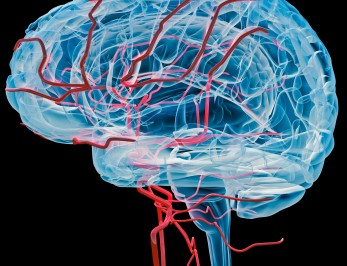
- Birth Injury Errors
- Brain Damage/Brain Injuries
- Cancer
- Dialysis Mistakes
- Eye Cases
- Gastroenterology
- Heart Disease and Attacks
- Infections and Infectious Diseases
- Internal Medicine/Primary Care
- Medication Errors
- Pulmonary and Respiratory Diseases
- Radiology/Diagnostic Testing
- Retained Instrument/Sponge Cases
- Skeletal Injuries
- Spinal Cord Injuries
- Strokes
- Surgery and Procedures
- Traumatic Injuries
- Urology
- Vascular Injuries and Diseases
Brain Damage/Brain Injuries
Every year, approximately two million people sustain a head injury. Most of these injuries are minor because the skull provides the brain with protection. However, over half a million head injuries each year require hospitalization. Injuries to the head are so common that almost everyone in their lifetime will sustain some form of trauma to the head. Learning to recognize serious head injury and implementing basic first aid can save someone’s life.
Head injury, also referred to as traumatic brain injury, head trauma, or concussion, is any trauma to the head that leads to injury of the scalp, skull or brain. Head injury can be classified as either closed or penetrating. In closed head injury, the head sustains a blunt force by striking against an object. In penetrating head injuries, a high velocity object breaks through the skull and enters the brain.
Common causes of head injury include traffic accidents, work accidents, recreational accidents, falls, accidents in the home and industrial accidents. Some head injuries result in prolonged or non-reversible brain damage. This can occur as a result of bleeding inside the brain (intracranial hematoma), or high shearing forces that damage the nerve cells of the brain (diffuse axonal injury). It can even occur as a result of an infection to the brain caused by blunt trauma (subdural empyema).
The more serious head injuries cause deficits that vary with the degree of brain injury. These deficits may include: seizures, paralysis, coma, personality changes, hearing loss, vision loss, loss of taste, loss of smell, and cognitive or learning deficits. The signs and symptoms of a head injury may occur immediately or develop slowly over several hours.
The following symptoms suggest a more serious head injury that requires emergency medical treatment: bleeding, altered level of consciousness, confusion, convulsions, skull fracture, severe headache, loss of consciousness, blurred vision, pupil changes, stiff neck, slurred speech, fluid drain from nose, mouth or ears, increased drowsiness, scalp wound.
Diagnostic studies such as CT scans, MRI’s, and x-rays are helpful in determining the nature and extent of head or brain injury. Delay in recognizing the brain injury can be severely harmful or even fatal. A full neurological examination on a repeated basis might be necessary when a brain injury is suspected.





